By Jordan Warlick, Staff Associate
Natasha Blaskovich, Intern
Katya Kazmin, Intern
With a section on the “improvement of working conditions for journalists”, the Helsinki Final Act explicitly recognizes the importance of journalists for democratic and open societies. Despite the signing of the agreement in 1975, the situation for journalists is still very grim in several countries in the region. The U.S. Helsinki Commission continues to monitor these conditions closely and remains concerned with: (a) murder, violence, and other egregious acts that harm the safety of journalists; (b) imprisonment of journalists for their work; (c) other restrictions that impede the work of journalists and a free press.
The journalists featured below are representative of those persecuted so far this year.
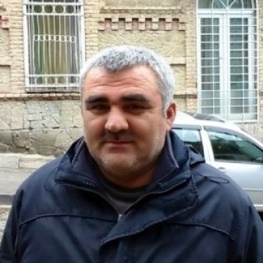 Afqan Muxtarli (Azerbaijan) – Muxtarli and his family fled to neighboring Georgia in 2015 after Muxtarli received threats related to corruption investigations into Azerbaijani President Ilham Aliyev and other officials. Following Muxtarli’s disappearance on May 29, 2017, Muxtarli’s lawyer told Radio Free Europe that the journalist was abducted in Tbilisi and handed over to Azerbaijani officers at the border. Muxtarli believes that these officers planted €10,000 on him and then promptly arrested him, in order to incriminate him for illegally crossing the border with a large sum of money and no passport. Amnesty International and other international human rights organizations have criticized the Azerbaijani government for its oppression of journalists and suppression of free speech. Georgia’s Interior Minister has stated that Georgia has launched an investigation into this allegedly unlawful imprisonment.
Afqan Muxtarli (Azerbaijan) – Muxtarli and his family fled to neighboring Georgia in 2015 after Muxtarli received threats related to corruption investigations into Azerbaijani President Ilham Aliyev and other officials. Following Muxtarli’s disappearance on May 29, 2017, Muxtarli’s lawyer told Radio Free Europe that the journalist was abducted in Tbilisi and handed over to Azerbaijani officers at the border. Muxtarli believes that these officers planted €10,000 on him and then promptly arrested him, in order to incriminate him for illegally crossing the border with a large sum of money and no passport. Amnesty International and other international human rights organizations have criticized the Azerbaijani government for its oppression of journalists and suppression of free speech. Georgia’s Interior Minister has stated that Georgia has launched an investigation into this allegedly unlawful imprisonment.
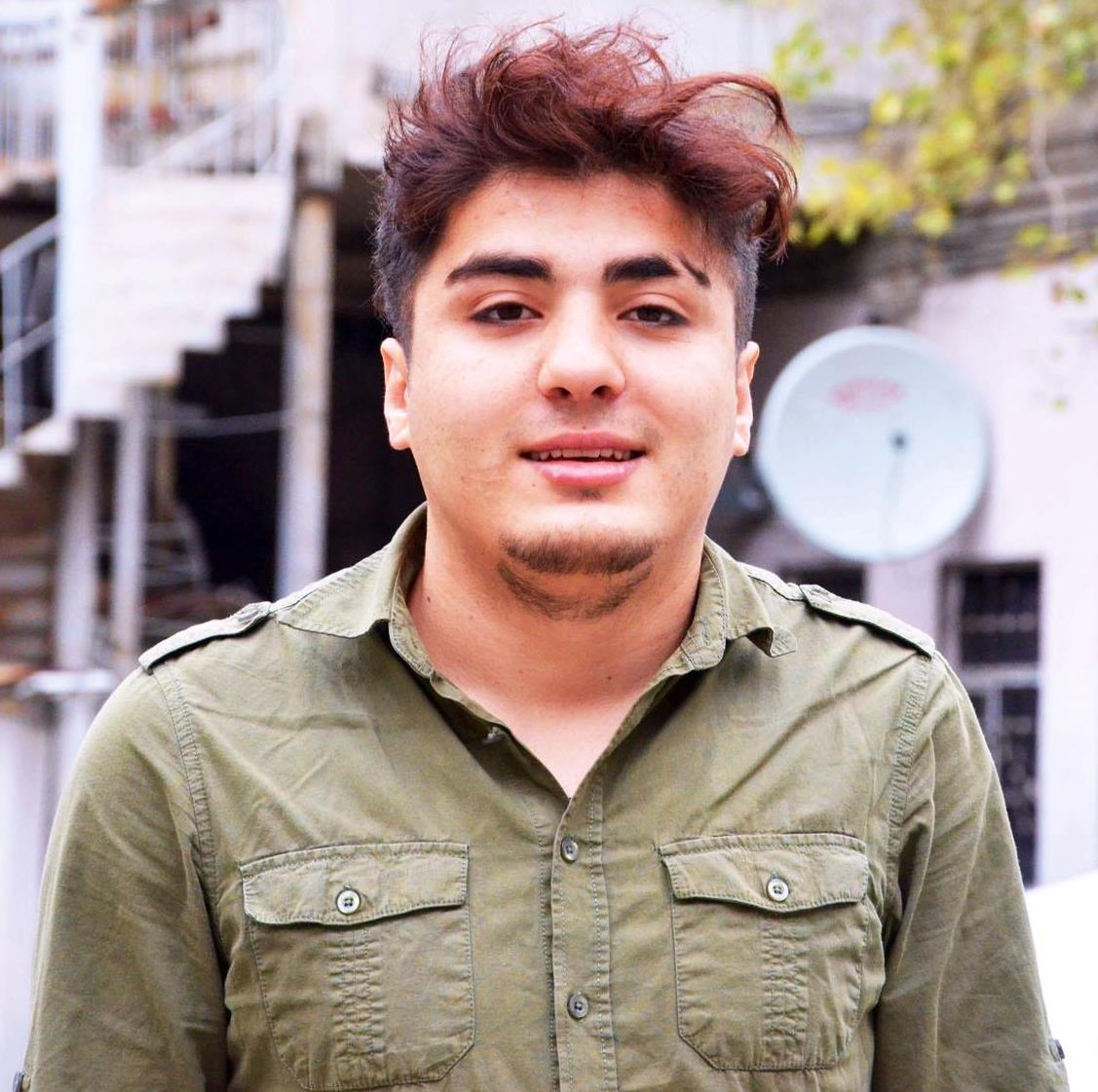 Mehman Huseynov (Azerbaijan) – Huseynov, a well-known journalist and blogger in Azerbaijan, was sentenced to two years in prison on March 3, 2017 on defamation charges. Huseynov had been under a travel ban since 2012, and was reportedly harassed and intimidated by the police for years. In early January 2017, Huseynov was arrested in Baku, taken to the Nasimi police station where he was held incommunicado, and repeatedly beaten and abused. Although he filed a formal complaint with the prosecutor’s office and made his abuse public, Huseynov’s allegations were declared groundless and not investigated. Huseynov was accused of defamation by the Nasimi police chief, and was found guilty in May 2017.
Mehman Huseynov (Azerbaijan) – Huseynov, a well-known journalist and blogger in Azerbaijan, was sentenced to two years in prison on March 3, 2017 on defamation charges. Huseynov had been under a travel ban since 2012, and was reportedly harassed and intimidated by the police for years. In early January 2017, Huseynov was arrested in Baku, taken to the Nasimi police station where he was held incommunicado, and repeatedly beaten and abused. Although he filed a formal complaint with the prosecutor’s office and made his abuse public, Huseynov’s allegations were declared groundless and not investigated. Huseynov was accused of defamation by the Nasimi police chief, and was found guilty in May 2017.
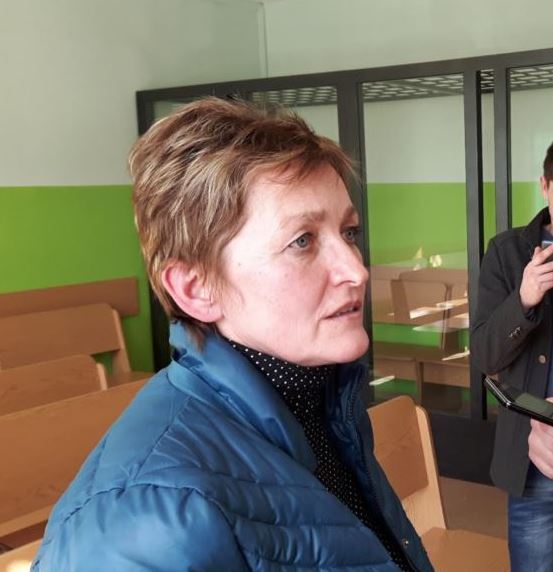 Halina Abakunchyk (Belarus) – Abakunchyk is a correspondent for Radio Free Europe/Radio Liberty (RFE/RL), a U.S.-government-funded service. She was detained overnight on March 12, 2017, accused of “participating in an unsanctioned rally,” and then fined approximately $300 for covering large nationwide protests in March over a tax on the unemployed. Abakunchyk was one of 32 journalists arrested and/or fined for similar offenses while covering the protests.
Halina Abakunchyk (Belarus) – Abakunchyk is a correspondent for Radio Free Europe/Radio Liberty (RFE/RL), a U.S.-government-funded service. She was detained overnight on March 12, 2017, accused of “participating in an unsanctioned rally,” and then fined approximately $300 for covering large nationwide protests in March over a tax on the unemployed. Abakunchyk was one of 32 journalists arrested and/or fined for similar offenses while covering the protests.
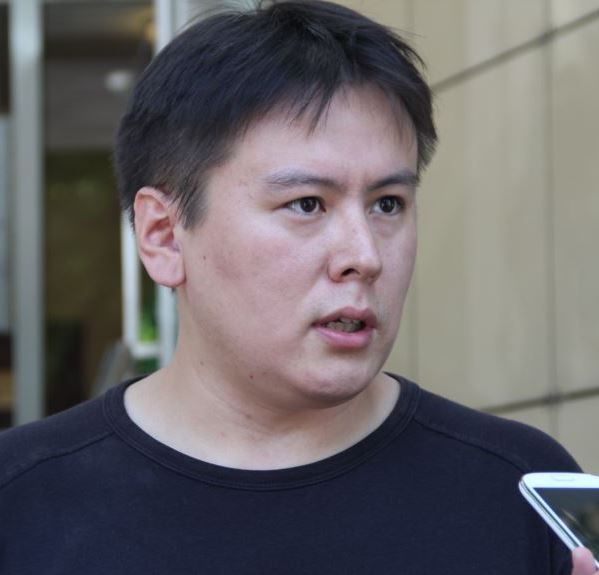 Zhanbolat Mamay (Kazakhstan) – Mamay is the editor of the Tribuna newspaper, one of the few independent papers in Kazakhstan to have survived a recent trend of pressure and harassment from the government. Arrested on February 10, 2017, Mamay stands accused of being an accomplice to money-laundering, along with opposition leader and former head of BTA Bank, Mukhtar Ablyazov, in 2009. Before his arrest, Mamay told RFE/RL that he felt he was being followed. Since his arrest, Mamay has complained of being beaten and extorted while in prison. There are concerns for the safety of Mamay and his family as well as the provision of a fair trial. The Committee to Protect Journalists and other organizations have called for his release.
Zhanbolat Mamay (Kazakhstan) – Mamay is the editor of the Tribuna newspaper, one of the few independent papers in Kazakhstan to have survived a recent trend of pressure and harassment from the government. Arrested on February 10, 2017, Mamay stands accused of being an accomplice to money-laundering, along with opposition leader and former head of BTA Bank, Mukhtar Ablyazov, in 2009. Before his arrest, Mamay told RFE/RL that he felt he was being followed. Since his arrest, Mamay has complained of being beaten and extorted while in prison. There are concerns for the safety of Mamay and his family as well as the provision of a fair trial. The Committee to Protect Journalists and other organizations have called for his release.
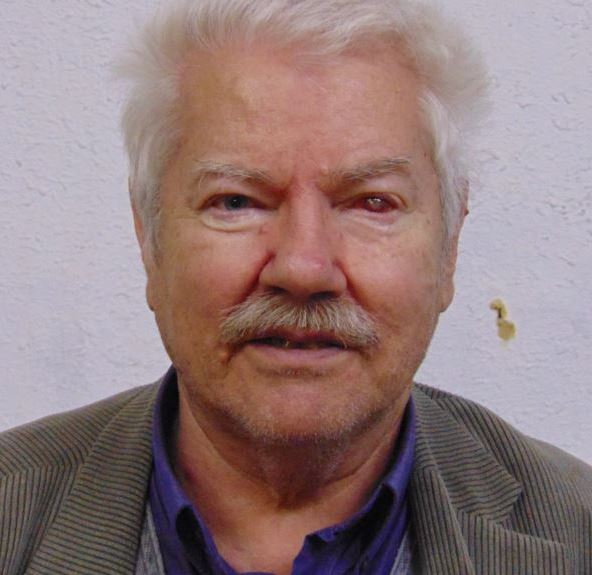 Nikolai Andrushchenko (Russia) – Andrushchenko was a Russian journalist known for reporting on issues provocative to the Russian regime, including corruption. When Andrushchenko was attacked by assailants in St. Petersburg on March 9, 2017, he was in the midst of investigating reports of corruption and human rights abuses, allegations including the involvement of local police. He was found unconscious several hours later and taken to a hospital where brain surgery was performed, leaving him in a coma. He died on April 19, 2017. Prior to the March 9 attack, Andrushchenko had been attacked at least two times in the last decade. In November 2016, assailants attacked him on his doorstep. He was also attacked in November 2007, weeks before he was jailed for two months on false charges of defamation and obstruction of justice. The police have not informed the newspaper which Andrushchenko co-founded, Novy Peterburg (New Petersburg), of any progress in the investigation.
Nikolai Andrushchenko (Russia) – Andrushchenko was a Russian journalist known for reporting on issues provocative to the Russian regime, including corruption. When Andrushchenko was attacked by assailants in St. Petersburg on March 9, 2017, he was in the midst of investigating reports of corruption and human rights abuses, allegations including the involvement of local police. He was found unconscious several hours later and taken to a hospital where brain surgery was performed, leaving him in a coma. He died on April 19, 2017. Prior to the March 9 attack, Andrushchenko had been attacked at least two times in the last decade. In November 2016, assailants attacked him on his doorstep. He was also attacked in November 2007, weeks before he was jailed for two months on false charges of defamation and obstruction of justice. The police have not informed the newspaper which Andrushchenko co-founded, Novy Peterburg (New Petersburg), of any progress in the investigation.
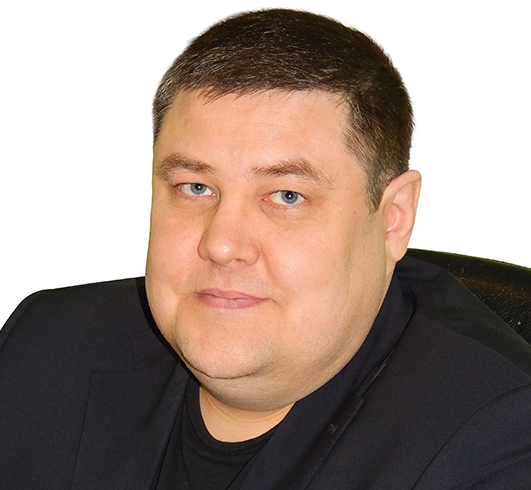 Dmitry Popkov (Russia) – Popkov, the chief editor of local independent newspaper Ton-M in Siberia, was found shot dead in his backyard in Minusinsk on May 24, 2017. Popkov was known for investigating alleged abuses of power and corruption. Ton-M’s motto, “We write what other people stay silent about,” made the newspaper – and Popkov himself – long-time targets. Shortly before his murder, Popkov had published reports regarding a federal parliamentary audit that revealed corruption in the local administration. An investigation has been launched by the regional branch of Russia’s Investigative Committee and Popkov’s journalism is being treated as a potential motive for the murder.
Dmitry Popkov (Russia) – Popkov, the chief editor of local independent newspaper Ton-M in Siberia, was found shot dead in his backyard in Minusinsk on May 24, 2017. Popkov was known for investigating alleged abuses of power and corruption. Ton-M’s motto, “We write what other people stay silent about,” made the newspaper – and Popkov himself – long-time targets. Shortly before his murder, Popkov had published reports regarding a federal parliamentary audit that revealed corruption in the local administration. An investigation has been launched by the regional branch of Russia’s Investigative Committee and Popkov’s journalism is being treated as a potential motive for the murder.
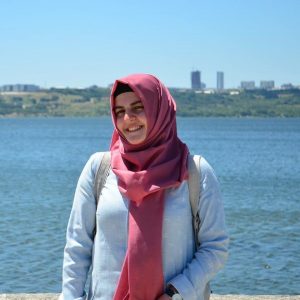 Nur Ener (Turkey) – Ener, a journalist for the daily Yeni Asya, was detained by police after they raided her apartment in the middle of the night on March 3, 2017. Accused of being affiliated with the Fethullah Gülen network, Ener’s formal charges are unknown to her lawyer and she is allowed only 45 minutes of family visits a week and one hour with her lawyer. A former roommate of Ener, who was arrested after the July 2016 coup attempt, is said to have given Ener’s name to the police in the aftermath of the coup. Some of Ener’s critical reporting, including an interview where the guest criticized certain government policies, may have also been a reason for her arrest. According to the Committee to Project Journalists, Ener is one of over 80 journalists imprisoned in Turkey – the largest jailer of journalists in the world.
Nur Ener (Turkey) – Ener, a journalist for the daily Yeni Asya, was detained by police after they raided her apartment in the middle of the night on March 3, 2017. Accused of being affiliated with the Fethullah Gülen network, Ener’s formal charges are unknown to her lawyer and she is allowed only 45 minutes of family visits a week and one hour with her lawyer. A former roommate of Ener, who was arrested after the July 2016 coup attempt, is said to have given Ener’s name to the police in the aftermath of the coup. Some of Ener’s critical reporting, including an interview where the guest criticized certain government policies, may have also been a reason for her arrest. According to the Committee to Project Journalists, Ener is one of over 80 journalists imprisoned in Turkey – the largest jailer of journalists in the world.
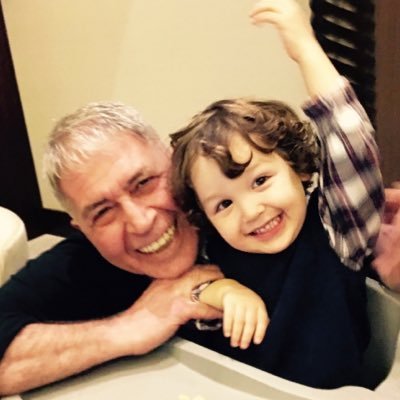 Oguz Guven (Turkey) – Guven is the website editor-in-chief of Cumhuriyet daily. He was detained on May 12, 2017 for spreading terrorist propaganda, a popular charge against journalists in Turkey. The arrest allegedly was prompted by the newspaper’s tweet about the death of Mustafa Alper, a senior Turkish prosecutor involved in prosecuting suspects in the July 2016 coup attempt. Cumhuriyet has come under extreme pressure from the Turkish government, with 17 journalists and board members standing trial on July 24. Guven and his colleagues could face prison sentences as long as 43 years.
Oguz Guven (Turkey) – Guven is the website editor-in-chief of Cumhuriyet daily. He was detained on May 12, 2017 for spreading terrorist propaganda, a popular charge against journalists in Turkey. The arrest allegedly was prompted by the newspaper’s tweet about the death of Mustafa Alper, a senior Turkish prosecutor involved in prosecuting suspects in the July 2016 coup attempt. Cumhuriyet has come under extreme pressure from the Turkish government, with 17 journalists and board members standing trial on July 24. Guven and his colleagues could face prison sentences as long as 43 years.
 Stanyslav Aseyev (Ukraine) – Aseyev, a freelance journalist who contributed to Radio Free Europe/Radio Liberty under the name Stanyslav Vasin, has been missing from Donetsk since June 3, 2017. On July 16, Yehor Firsov, a former Ukrainian lawmaker and close friend of Aseyev, said he received information through unofficial sources that the journalist was detained by pro-Russian separatists. Aseyev allegedly faces charges of espionage by the self-proclaimed Donetsk People’s Republic (DNR), who have threatened him with up to 14 years’ imprisonment.
Stanyslav Aseyev (Ukraine) – Aseyev, a freelance journalist who contributed to Radio Free Europe/Radio Liberty under the name Stanyslav Vasin, has been missing from Donetsk since June 3, 2017. On July 16, Yehor Firsov, a former Ukrainian lawmaker and close friend of Aseyev, said he received information through unofficial sources that the journalist was detained by pro-Russian separatists. Aseyev allegedly faces charges of espionage by the self-proclaimed Donetsk People’s Republic (DNR), who have threatened him with up to 14 years’ imprisonment.
Other journalists highlighted in Political Prisoners in Russia:
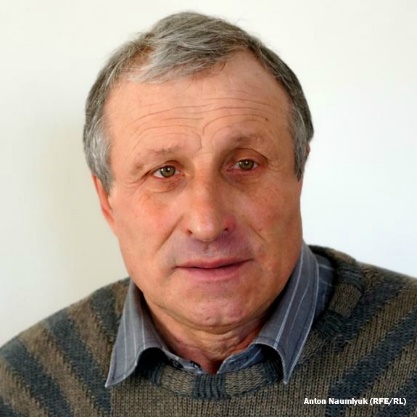
Mykola Semena (Ukraine) – Semena, a Crimean journalist, has been charged under Article 280.1 of Russia’s criminal code, which penalizes “public calls for actions violating the territorial integrity of the Russian Federation.” The law was added to the Russian criminal code in December 2013, and came into force in May 2014 – several weeks after Crimea was annexed by Russia. Semena was one of the only independent journalists to remain on the peninsula following Russia’s March 2014 annexation of Crimea. He contributed reporting to RFE/RL’s Ukrainian Service and its Crimea Desk. On April 19, 2016, after Russian police searched Semena’s home and confiscated computers and storage media, the de facto Crimean prosecutor-general ordered Semena to remain on the peninsula while he was investigated for alleged “calls to undermine Russia’s territorial integrity via the mass media.” Semena has been forced to stay in Crimea ever since, despite his requests to travel to Kyiv for urgently needed medical care.
Semena’s trial has been adjourned and delayed several times this year. If he is found guilty, he could face five years in prison.
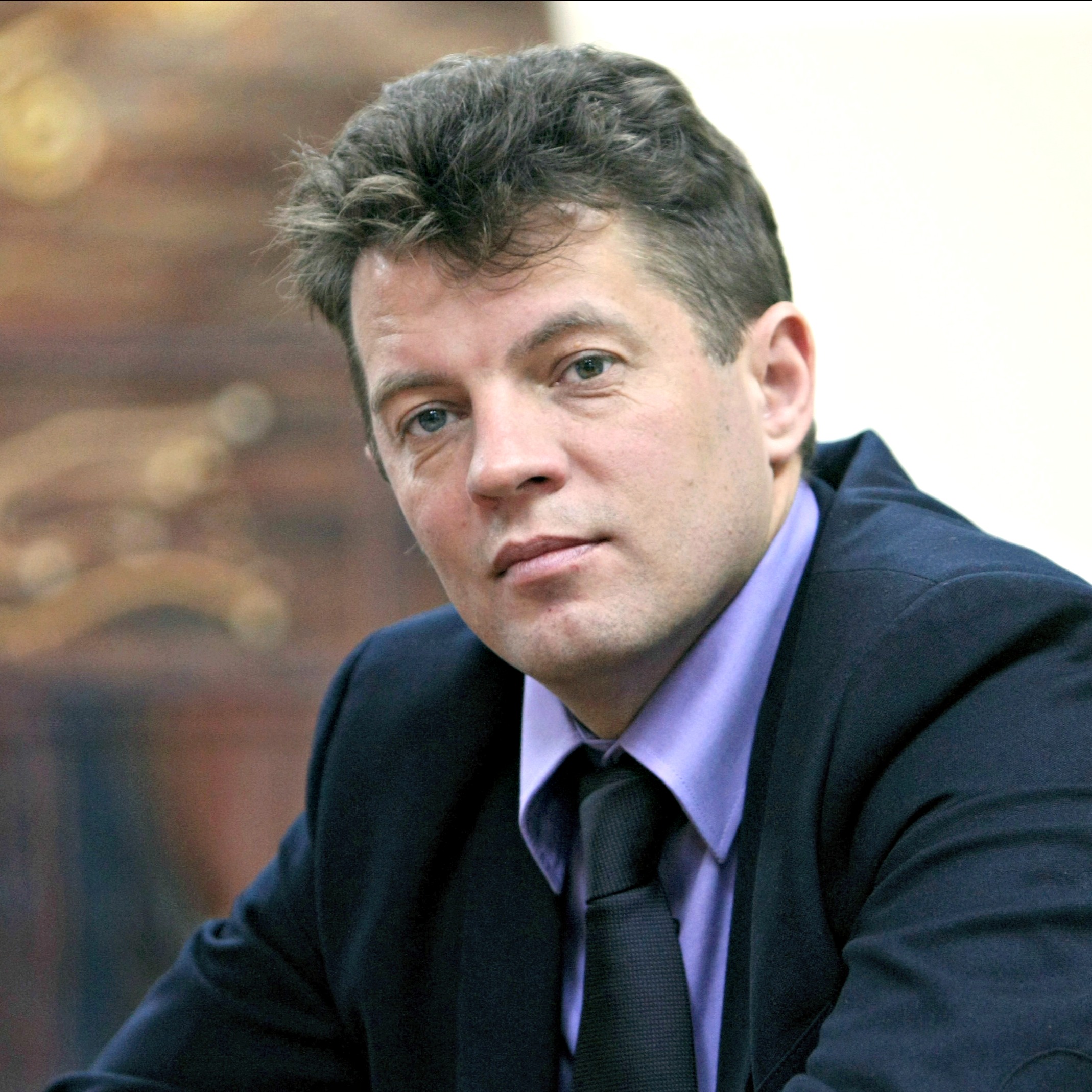 Roman Sushchenko (Ukraine) – Sushchenko, a Ukrainian journalist, is charged under article 276 of Russia’s criminal code (espionage). He has worked as a Paris-based correspondent for Ukraine’s state news agency, Ukrinform, since 2010. He was detained at a Moscow airport on September 30, 2016, upon his arrival from Paris on private business. He was accused of collecting classified information on the activities of Russia’s armed forces and the National Guard. Mr. Sushchenko denies any involvement in espionage. His employer, Ukrinform, also considers the accusations false and called his detention a “planned provocation.” Mr. Sushchenko’s attorney is Mark Feygin, who previously represented Pussy Riot and Nadezhda Savchenko.
Roman Sushchenko (Ukraine) – Sushchenko, a Ukrainian journalist, is charged under article 276 of Russia’s criminal code (espionage). He has worked as a Paris-based correspondent for Ukraine’s state news agency, Ukrinform, since 2010. He was detained at a Moscow airport on September 30, 2016, upon his arrival from Paris on private business. He was accused of collecting classified information on the activities of Russia’s armed forces and the National Guard. Mr. Sushchenko denies any involvement in espionage. His employer, Ukrinform, also considers the accusations false and called his detention a “planned provocation.” Mr. Sushchenko’s attorney is Mark Feygin, who previously represented Pussy Riot and Nadezhda Savchenko.
Sushchenko’s pre-trial detention has been extended several times by the Lefortovsky District Court of Moscow since his arrest, and is currently set until September 30, 2017.



